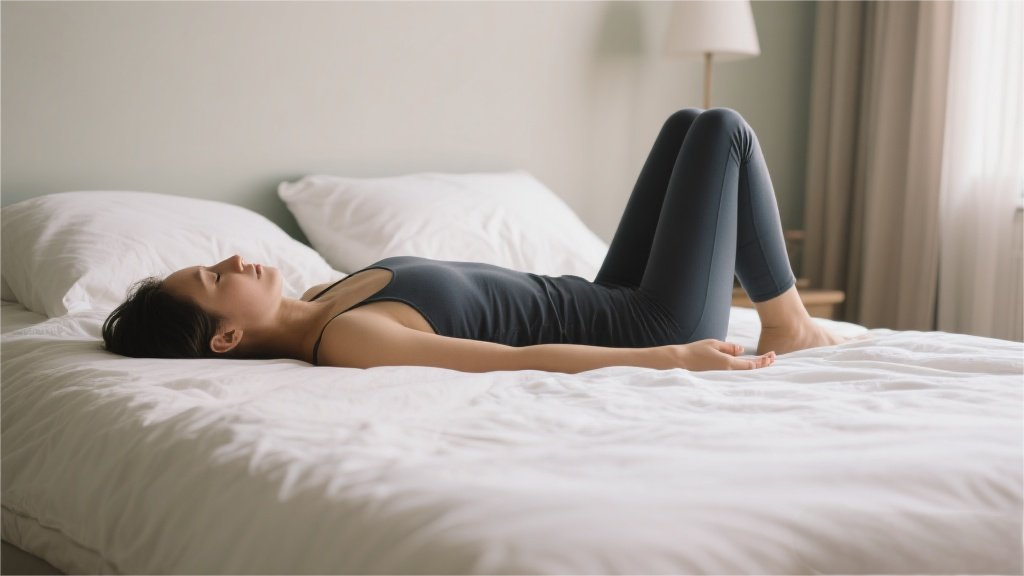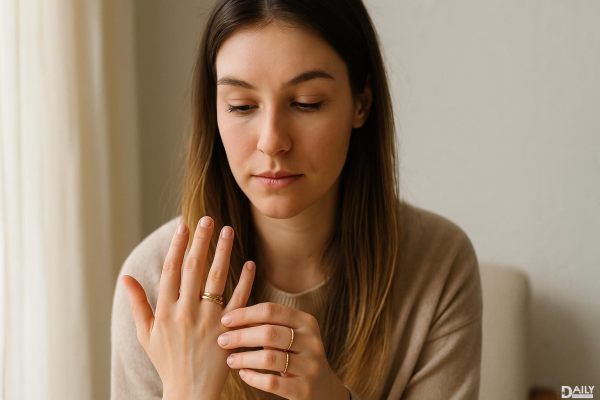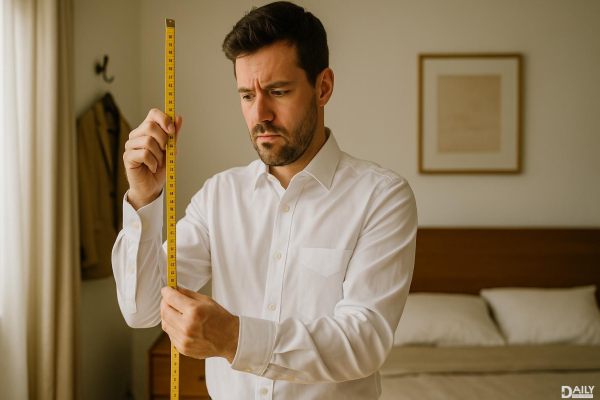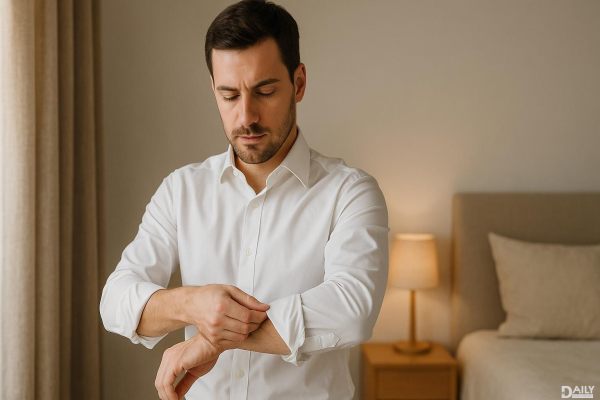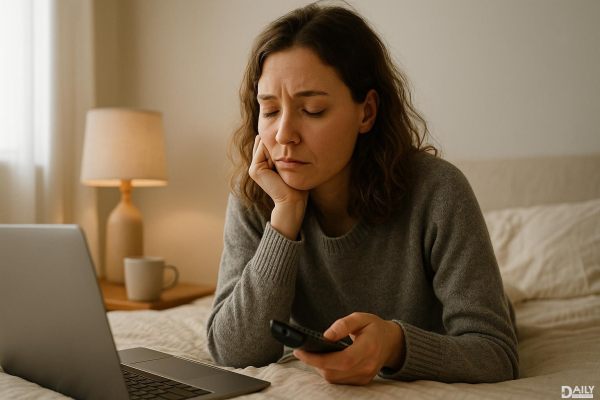If you're burning the midnight oil like I was, constantly pushing dinner later and bedtime even later, you're probably running on fumes by midweek. I get it—freelance life means flexible hours, but that freedom can backfire when Netflix binges and spontaneous dance parties hijack your sleep schedule. After a week of testing an earlier dinner and stricter bedtime, the difference was undeniable: more energy, better focus, and no more mid-afternoon zombie mode. Turns out, those extra minutes of sleep add up—big time.
The Science Behind Late-Night Eating and Sleep Disruption
Eating late isn’t just bad for digestion—it throws your entire sleep cycle out of whack. When you chow down right before bed, your body’s too busy breaking down that burrito to focus on winding down. Digestion raises core temperature, and since your body needs to cool off to sleep, you’re basically fighting biology. Plus, heavy or spicy meals can trigger acid reflux, turning your peaceful night into a heartburn horror show. Research even shows late eaters take longer to fall asleep and spend less time in deep, restorative sleep stages. So yeah, that 10 p.m. pasta? Probably not worth the 2 a.m. regret.
Why "Just One More Episode" Is a Lie
We’ve all been there: "I’ll stop after this cliffhanger." Cut to 1:30 a.m., and you’re three episodes deep with bloodshot eyes. The blue light from screens messes with melatonin production, tricking your brain into thinking it’s daytime. And let’s be real—binge-watching triggers dopamine hits that make shutting off your laptop feel like quitting cold turkey. My fix? A hard cutoff rule: no screens 30 minutes before bed. Instead, I swapped Netflix for a book or a chill playlist. Pro tip: If willpower’s not your strong suit, use app blockers to nuke temptation after a set time.
The 20-Minute Bedtime Experiment That Actually Worked
Shaving 20 minutes off my usual midnight bedtime sounded trivial, but the ripple effect was wild. First, I prepped everything—lunch, outfit, coffee setup—before 9 p.m. to eliminate morning chaos. Then, I treated bedtime like a meeting with my future well-rested self: non-negotiable. Instead of scrolling, I did a 5-minute stretch routine (downward dog for the win) and kept the room ice-cold—science says 60–67°F is the sleep sweet spot. By night three, I was conking out faster and waking up before my alarm, feeling like I’d hacked the system.
How Eight Hours Feels vs. Seven (Spoiler: It’s Not a Myth)
Experts swear by seven hours as the bare minimum, but that extra hour? Game-changer. Within days, my brain fog lifted, workouts felt easier, and I stopped mainlining coffee by noon. The key was consistency—going to bed and waking up at the same time, even on weekends. Your circadian rhythm loves predictability, and when you sync with it, everything from metabolism to mood improves. Think of it like compound interest for your energy: small, daily investments pay off way more than crash-sleeping on Saturdays.
The Freelancer’s Sleep Survival Guide
Flexibility doesn’t have to mean chaos. Here’s how I protect my sleep without sacrificing hustle:
If you’re stuck in the late-night loop, try tweaking just one thing—dinner time, screen curfew, or bedtime. Small shifts create momentum, and before you know it, you’ll be the annoyingly energetic person bragging about their sleep wins. Trust me, future you will high-five present you for ditching that third episode of "The Bear" tonight.
